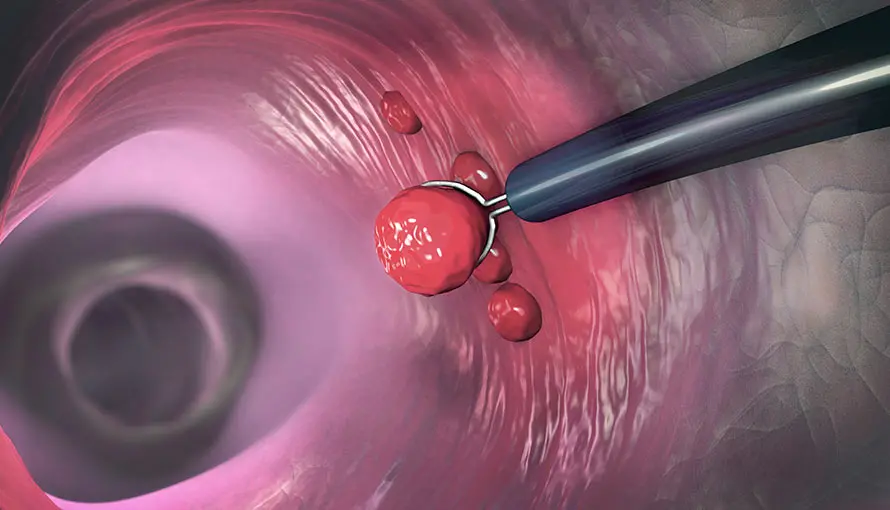- Home
- Medical news & Guidelines
- Anesthesiology
- Cardiology and CTVS
- Critical Care
- Dentistry
- Dermatology
- Diabetes and Endocrinology
- ENT
- Gastroenterology
- Medicine
- Nephrology
- Neurology
- Obstretics-Gynaecology
- Oncology
- Ophthalmology
- Orthopaedics
- Pediatrics-Neonatology
- Psychiatry
- Pulmonology
- Radiology
- Surgery
- Urology
- Laboratory Medicine
- Diet
- Nursing
- Paramedical
- Physiotherapy
- Health news
- Fact Check
- Bone Health Fact Check
- Brain Health Fact Check
- Cancer Related Fact Check
- Child Care Fact Check
- Dental and oral health fact check
- Diabetes and metabolic health fact check
- Diet and Nutrition Fact Check
- Eye and ENT Care Fact Check
- Fitness fact check
- Gut health fact check
- Heart health fact check
- Kidney health fact check
- Medical education fact check
- Men's health fact check
- Respiratory fact check
- Skin and hair care fact check
- Vaccine and Immunization fact check
- Women's health fact check
- AYUSH
- State News
- Andaman and Nicobar Islands
- Andhra Pradesh
- Arunachal Pradesh
- Assam
- Bihar
- Chandigarh
- Chattisgarh
- Dadra and Nagar Haveli
- Daman and Diu
- Delhi
- Goa
- Gujarat
- Haryana
- Himachal Pradesh
- Jammu & Kashmir
- Jharkhand
- Karnataka
- Kerala
- Ladakh
- Lakshadweep
- Madhya Pradesh
- Maharashtra
- Manipur
- Meghalaya
- Mizoram
- Nagaland
- Odisha
- Puducherry
- Punjab
- Rajasthan
- Sikkim
- Tamil Nadu
- Telangana
- Tripura
- Uttar Pradesh
- Uttrakhand
- West Bengal
- Medical Education
- Industry
Incomplete resection of colorectal polyps associated with neoplasia recurrence: Study

USA: Researchers have discovered a statistically substantially higher incidence of future neoplasia and advanced neoplasia in colon segments after partial resection compared to segments with complete resection. The findings of this study were published in the American College of Physicians, Annals of Internal Medicine on 10th August 2021.
Incomplete excision of neoplastic polyps is thought to be a major cause of colorectal cancer development. However, there is little information on the natural history of polyps that has been partially excised. To fill this knowledge gap, Heiko Pohl and the team conducted an observational cohort study between 2009 to 2012, with the objective of determining the risk of metachronous neoplasia during a surveillance colonoscopy following a reported partial polyp excision.
The proportion of colon segments with at least one neoplastic polyp at the initial surveillance examination was evaluated as segment metachronous neoplasia. Segment metachronous neoplasia was compared between segments that had a prior incomplete polyp resection (incomplete segments) and those that had a prior complete resection (full segments), taking into consideration segment clustering among individuals. Patients with a 5- to 20-mm malignant polyp excision, a documented complete or partial resection, and a surveillance examination were included.
In the original study, 166 of the 233 individuals received at least one surveillance assessment. After partial resection, the median time to surveillance was shorter than after full resection (median, 17 vs. 45 months). The probability of developing any metachronous neoplasia was higher in parts with partial resection vs full resection. Incomplete segments also had more neoplastic polyps and a higher likelihood of advanced neoplasia. The greatest independent factor linked with metachronous neoplasia was incomplete resection.
Reference:
Pohl, H., Anderson, J. C., Aguilera-Fish, A., Calderwood, A. H., Mackenzie, T. A., & Robertson, D. J. (2021). Recurrence of Colorectal Neoplastic Polyps After Incomplete Resection. Annals of Internal Medicine. https://doi.org/10.7326/m20-6689
Medical Dialogues consists of a team of passionate medical/scientific writers, led by doctors and healthcare researchers. Our team efforts to bring you updated and timely news about the important happenings of the medical and healthcare sector. Our editorial team can be reached at editorial@medicaldialogues.in.
Dr Kamal Kant Kohli-MBBS, DTCD- a chest specialist with more than 30 years of practice and a flair for writing clinical articles, Dr Kamal Kant Kohli joined Medical Dialogues as a Chief Editor of Medical News. Besides writing articles, as an editor, he proofreads and verifies all the medical content published on Medical Dialogues including those coming from journals, studies,medical conferences,guidelines etc. Email: drkohli@medicaldialogues.in. Contact no. 011-43720751


